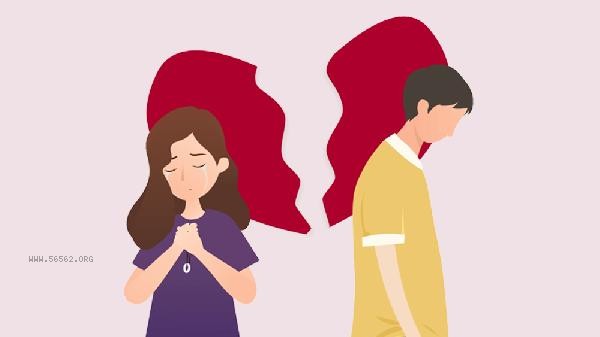Women who choose to divorce usually have higher demands for emotional quality or self-worth, often due to their partners' long-term neglect of emotional needs, principled conflicts, or hindered personal growth. Divorce decisions are often closely related to an individual's psychological maturity, economic independence, and social support system.

1. Unsatisfied emotional needs
When there is a long-term lack of effective emotional communication in marriage, women are more likely to have the intention of divorce. Common manifestations include partners avoiding deep communication, habitually denying each other's feelings, and long-term cold and violent behavior. This type of situation can easily lead to the accumulation of loneliness, and some women may seek emotional freedom by ending relationships. In marriage counseling, it was found that a lack of emotional response is more likely to trigger divorce decisions than financial issues.
Secondly, the intensification of value conflicts
Principle differences such as differences in reproductive concepts, parenting styles, or consumption concepts may evolve into irreconcilable contradictions over time. Especially when one party insists on changing the other, it is easy to trigger sustained confrontation. Some women may choose to terminate a consumptive relationship after multiple failed attempts to reconcile in order to preserve their own integrity.
III. Limited Growth Space
Character solidification in marriage may inhibit personal development, commonly seen in women who are forced to give up their career pursuits or interest development. When realizing that relationships have become obstacles to self actualization, some individuals may reassess the value of marriage. Social psychology research shows that modern women are more inclined to choose relationship models that promote mutual growth.

Fourth, bottom line issues repeatedly occur.
Behaviors that touch the bottom line, such as domestic violence, gambling, and infidelity, can directly destroy the foundation of trust. Even if there is economic dependence or concerns about children, most women still choose divorce after multiple unsuccessful attempts at forgiveness. Trauma psychology suggests that timely termination of a relationship in such situations can actually aid in psychological recovery.
Fifth, self-awareness awakening
As women age or gain more experience, some may redefine their standards of happiness. When it is found that marriage cannot meet the spiritual needs, one may actively choose to live alone. This type of decision is often accompanied by clear self-awareness, which is fundamentally different from impulsive divorce. There are often complex psychological motivations behind divorce decisions. It is recommended that women facing a choice seek professional psychological counseling to identify their core needs and establish a reliable social support network. Maintaining regular exercise such as yoga or jogging can help relieve stress, while consuming foods rich in tryptophan such as bananas and oats can regulate emotional stability. Before making important decisions, it is advisable to have sufficient communication with trusted family and friends, but the final choice should be in one's own hands.









Comments (0)
Leave a Comment
No comments yet
Be the first to share your thoughts!